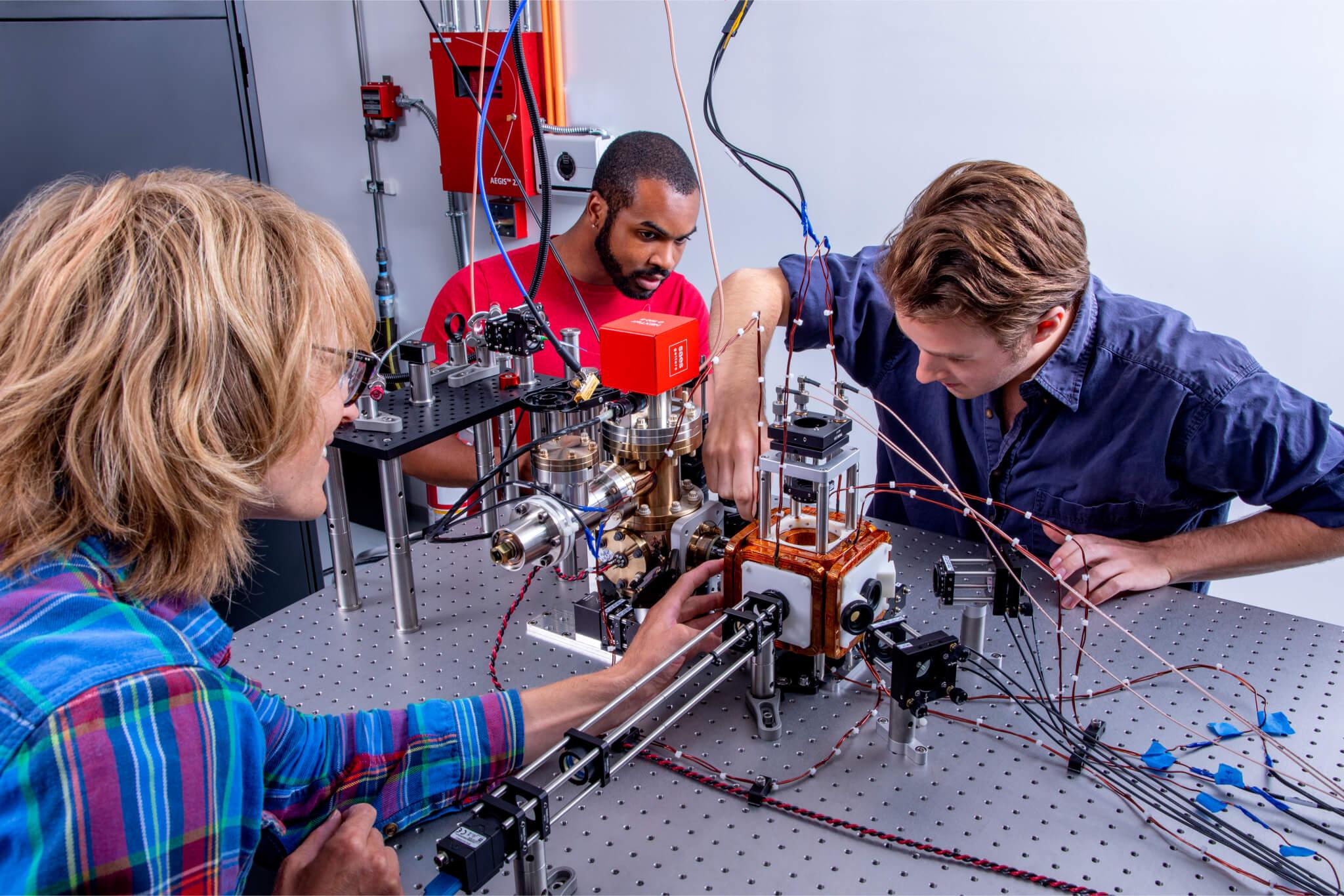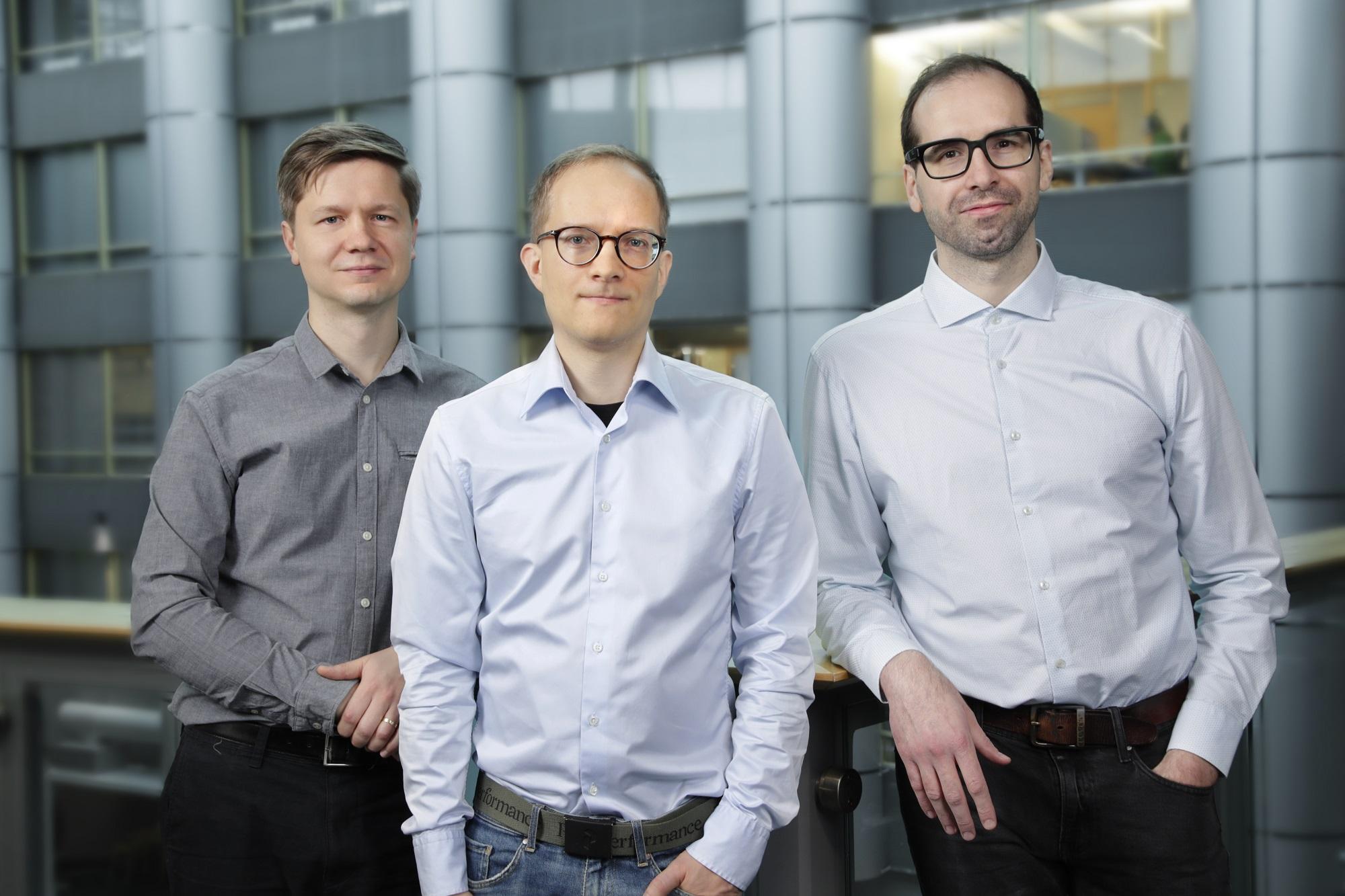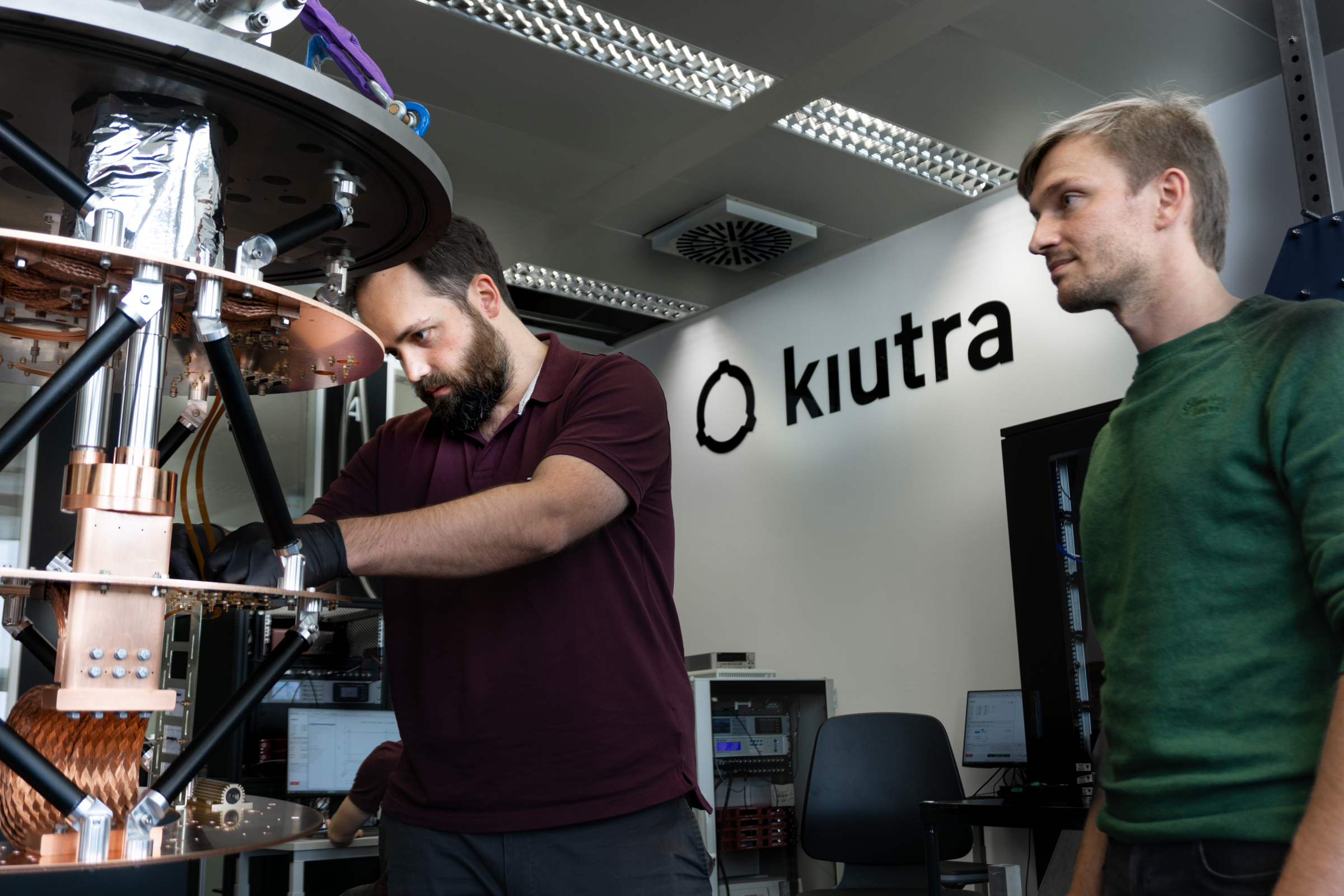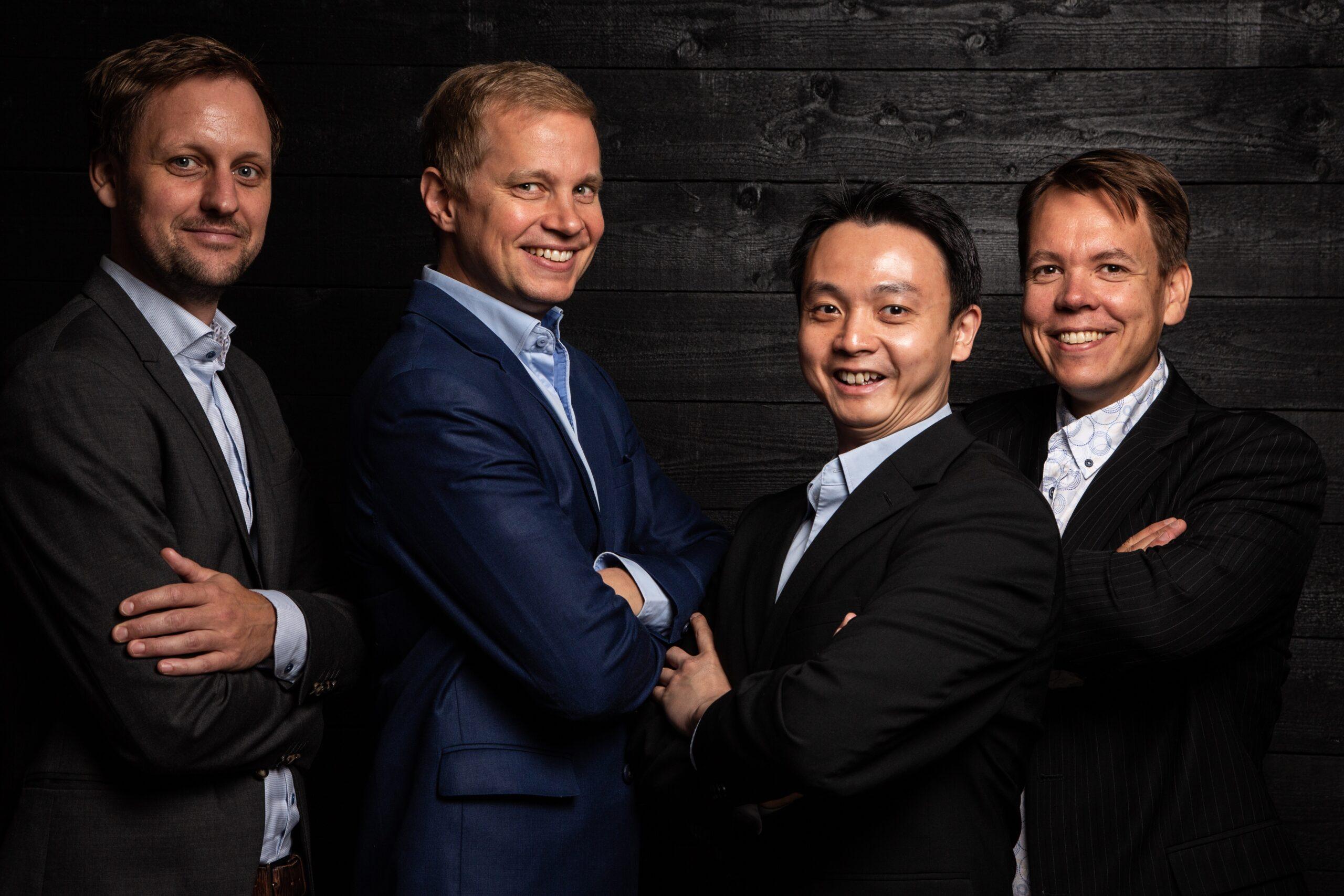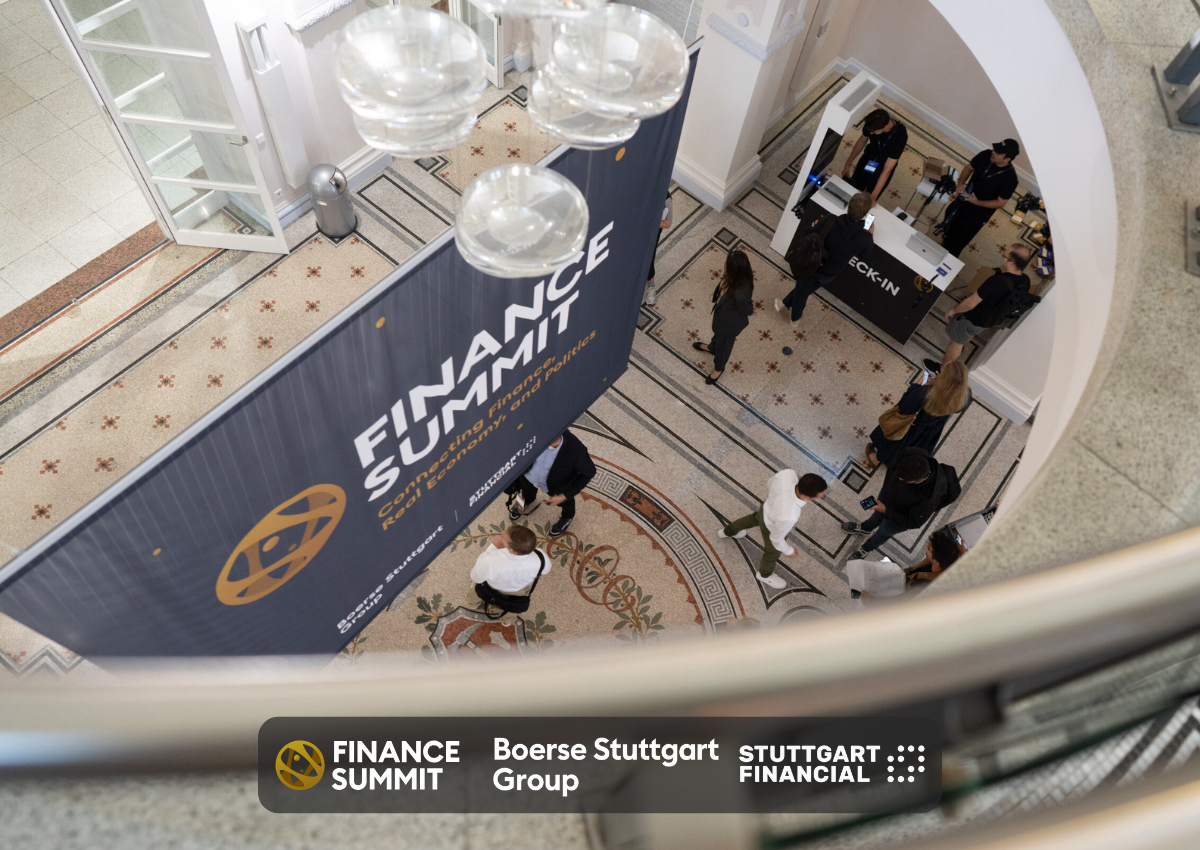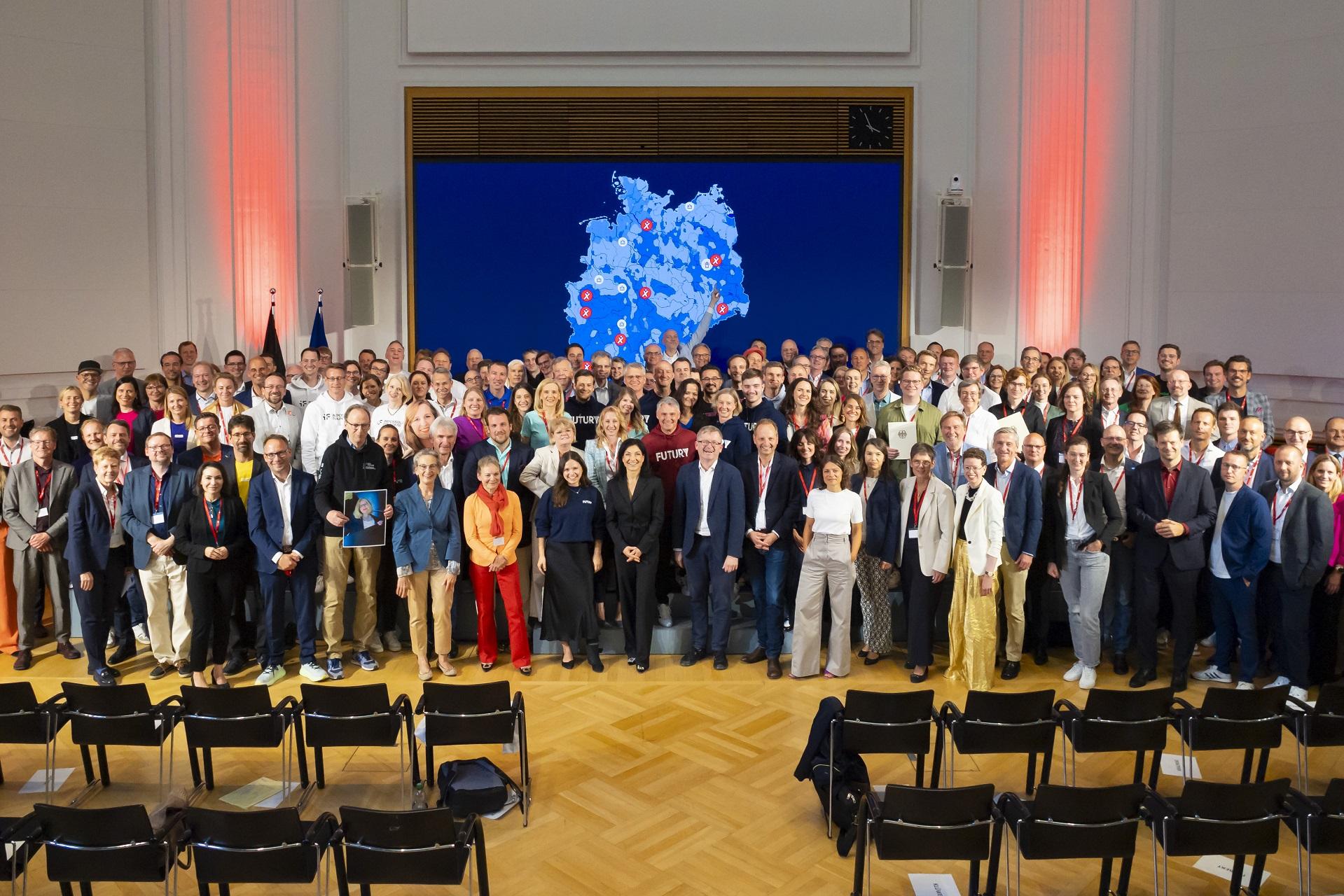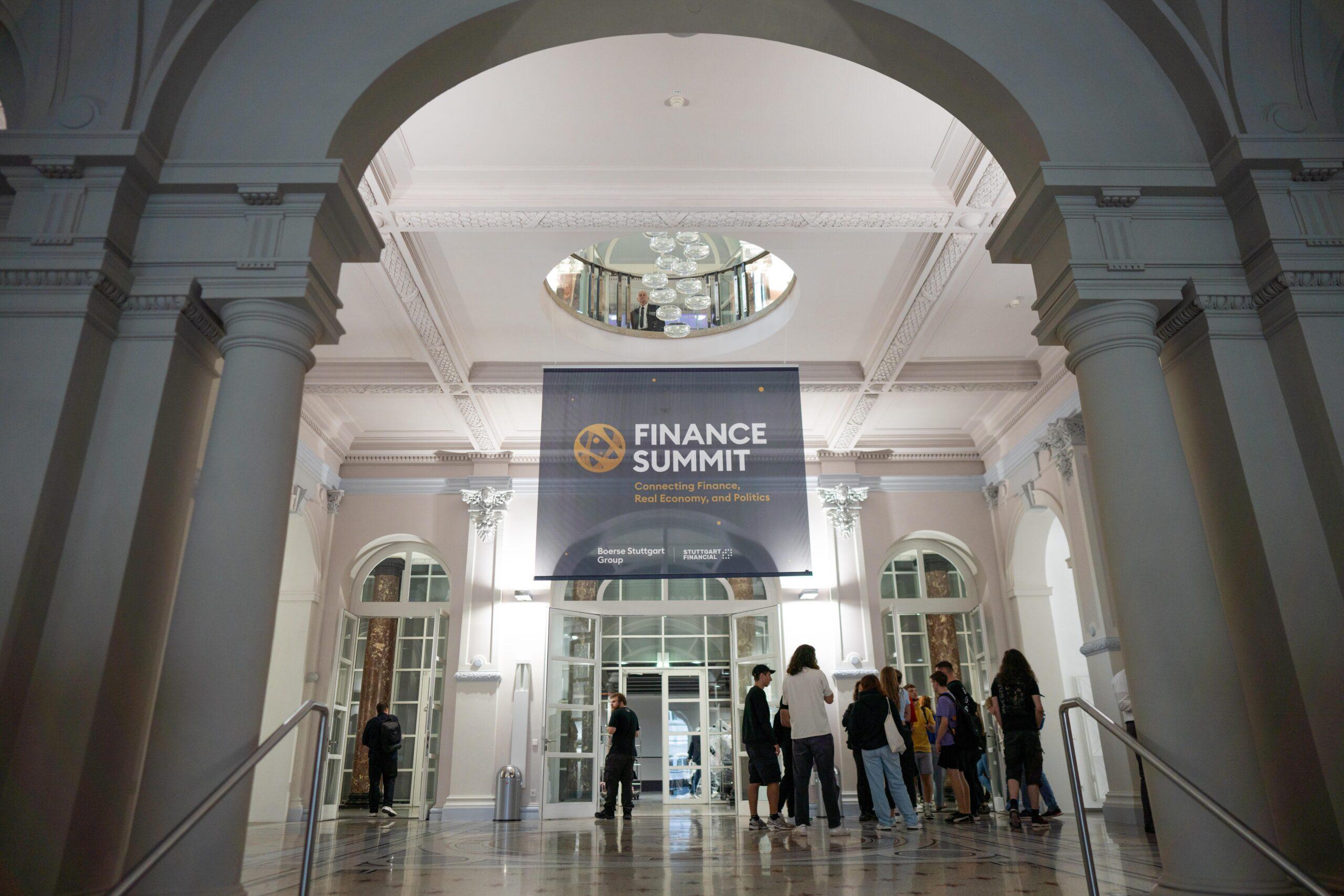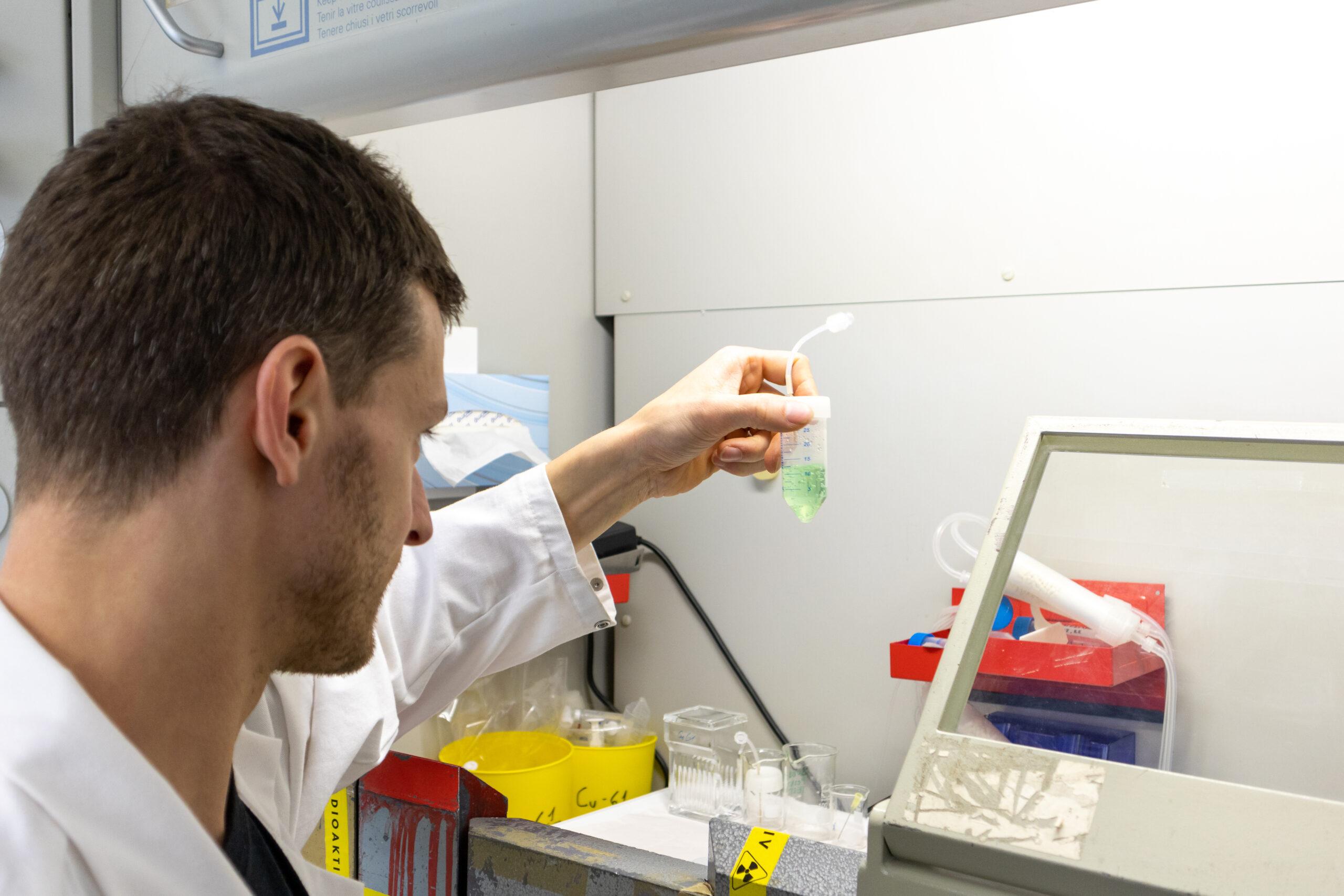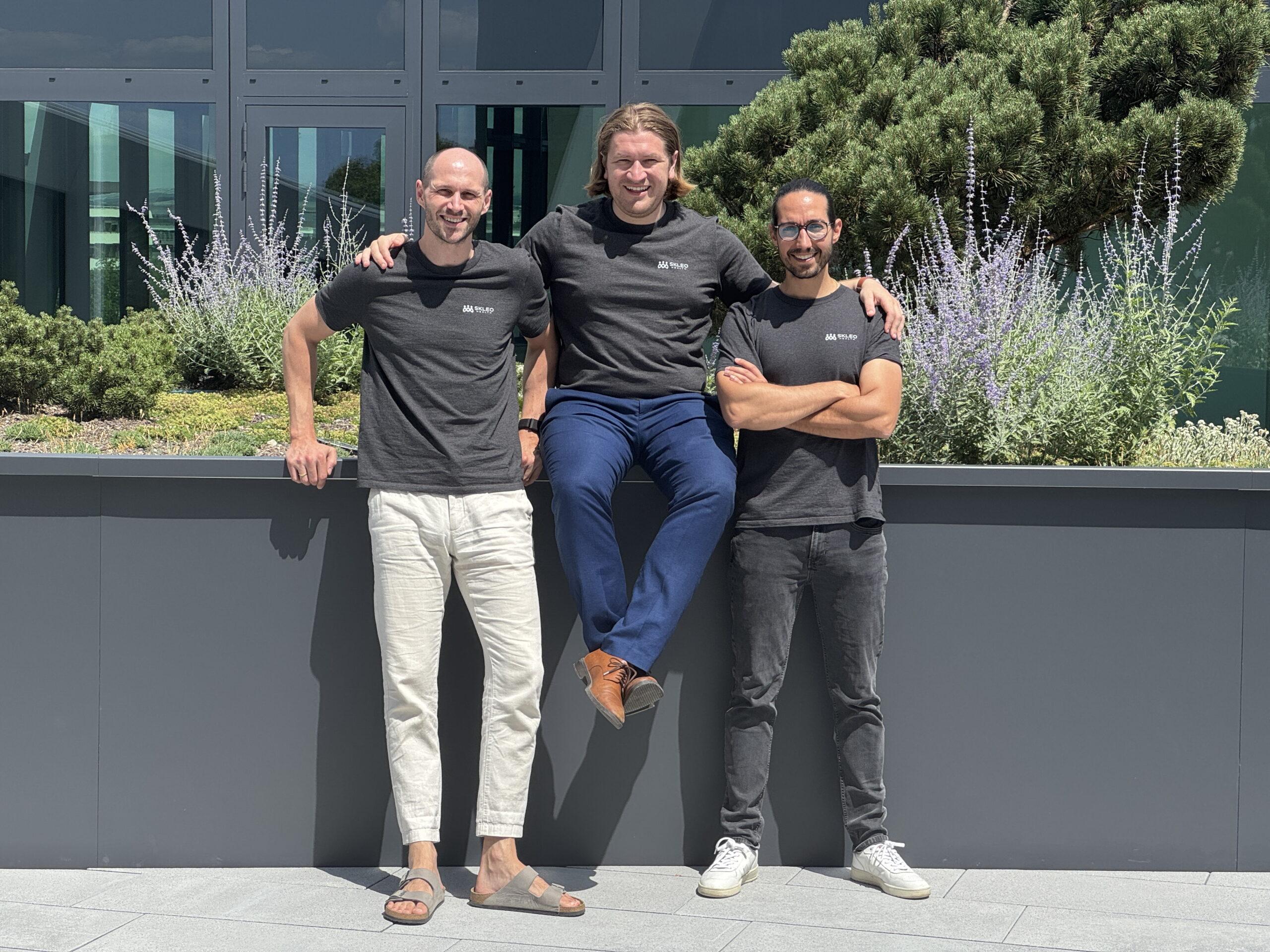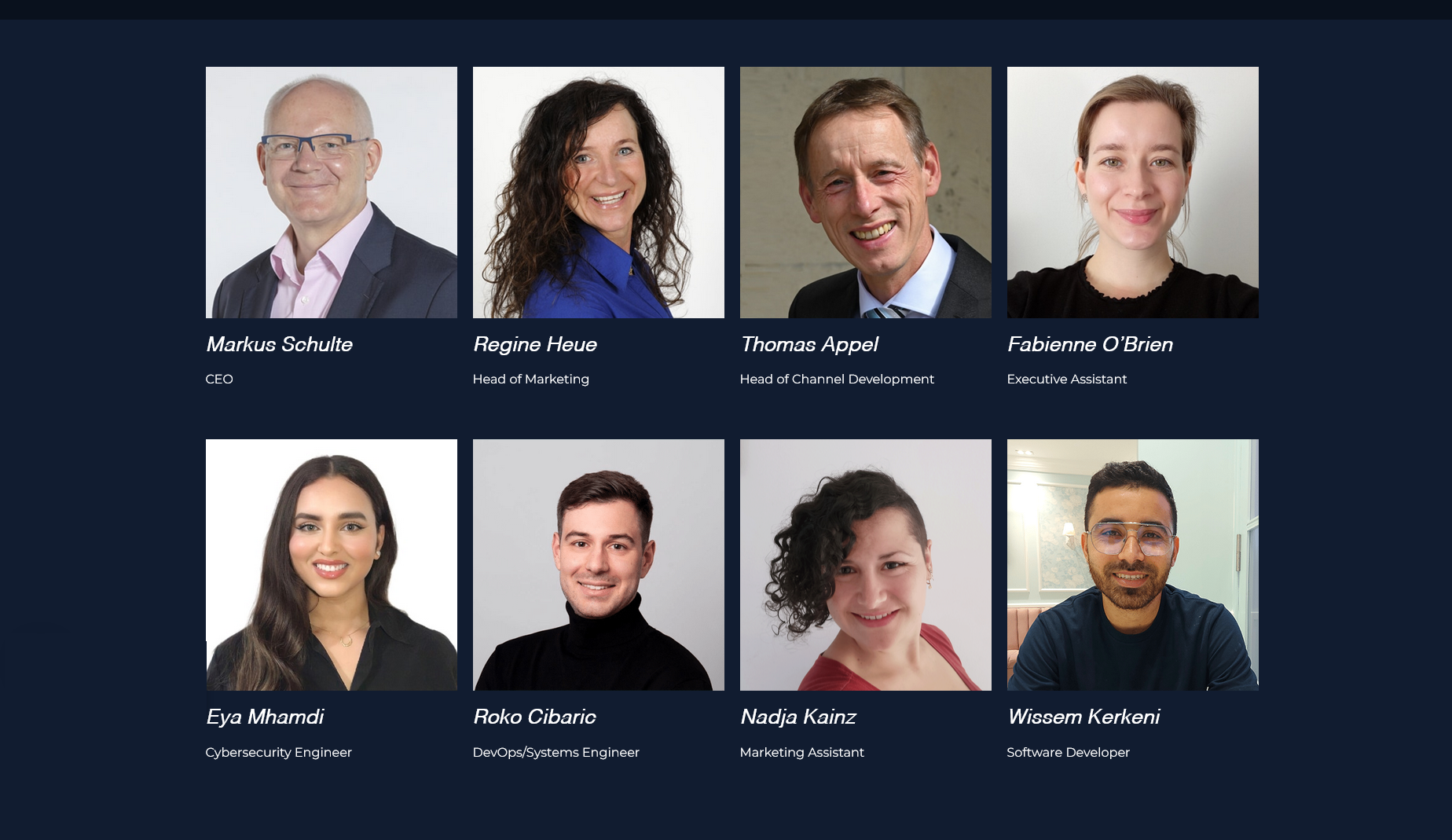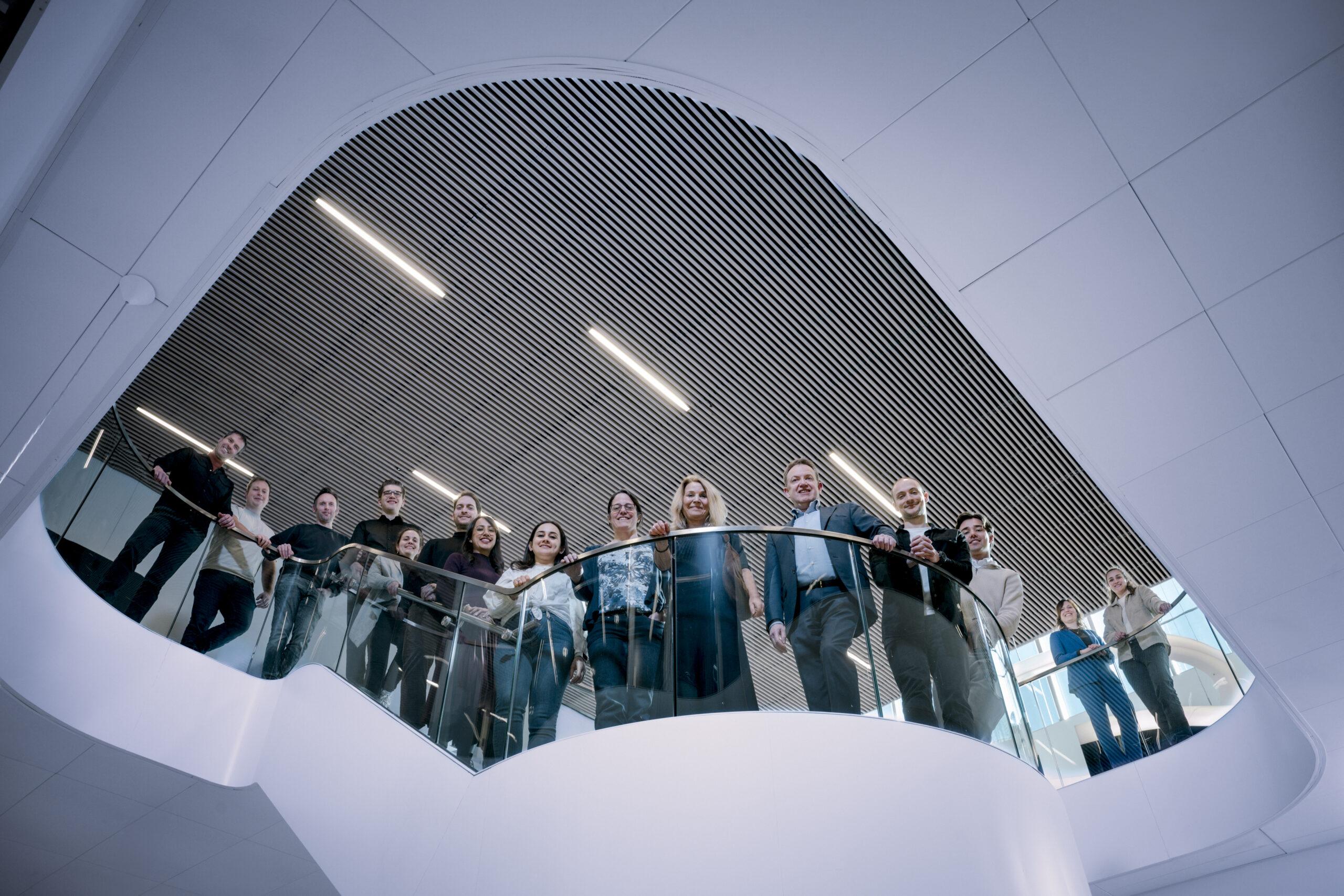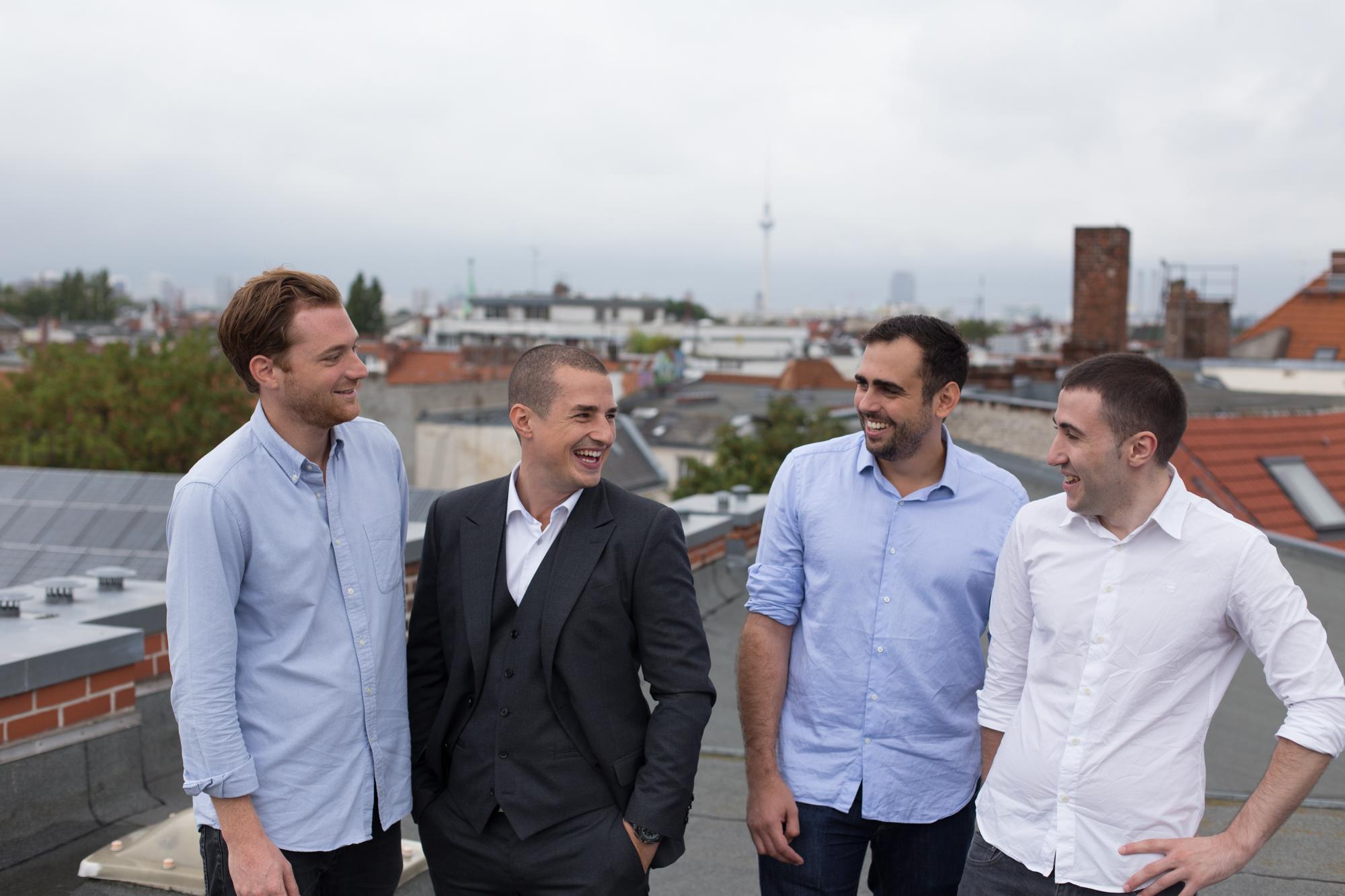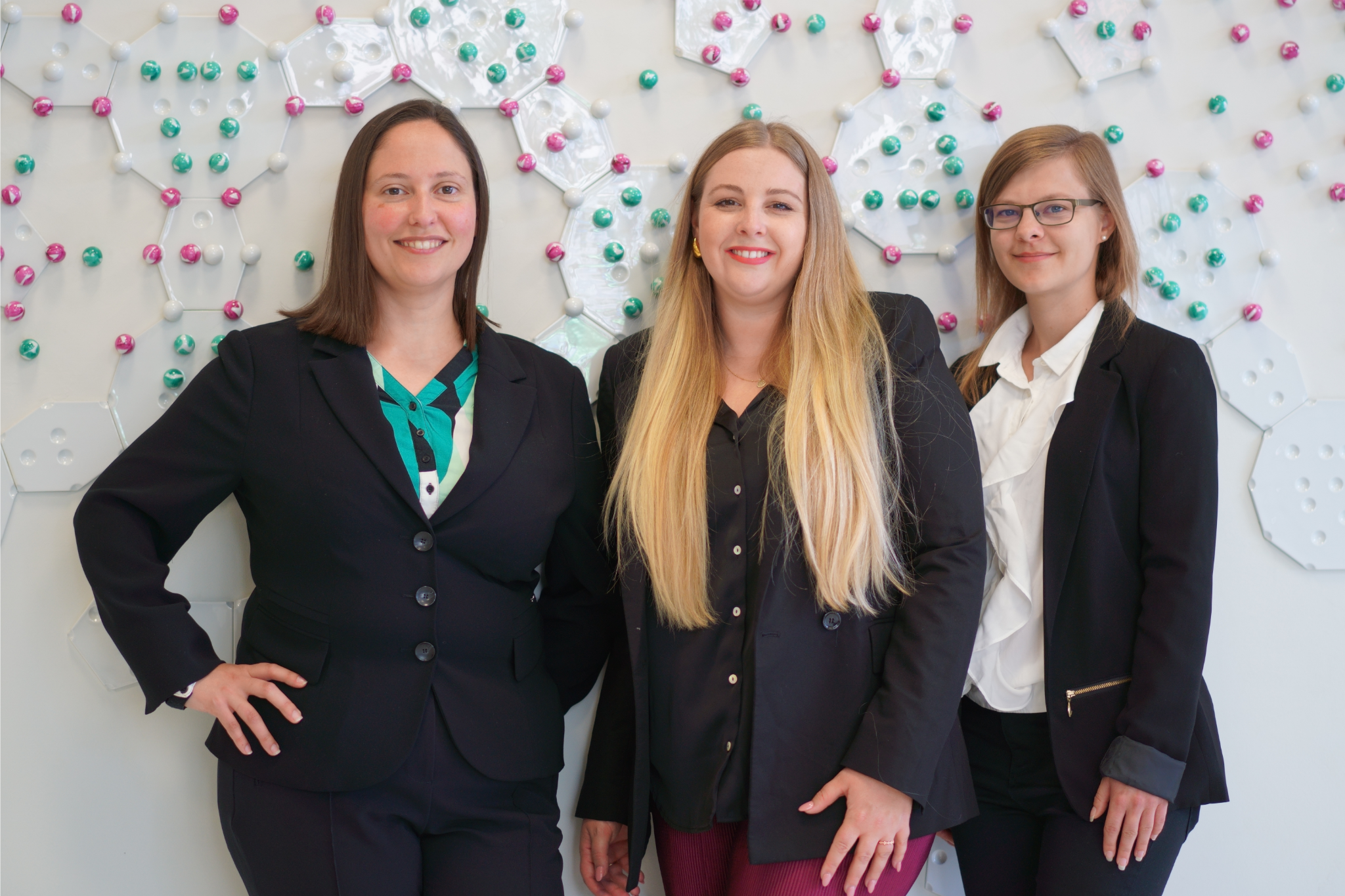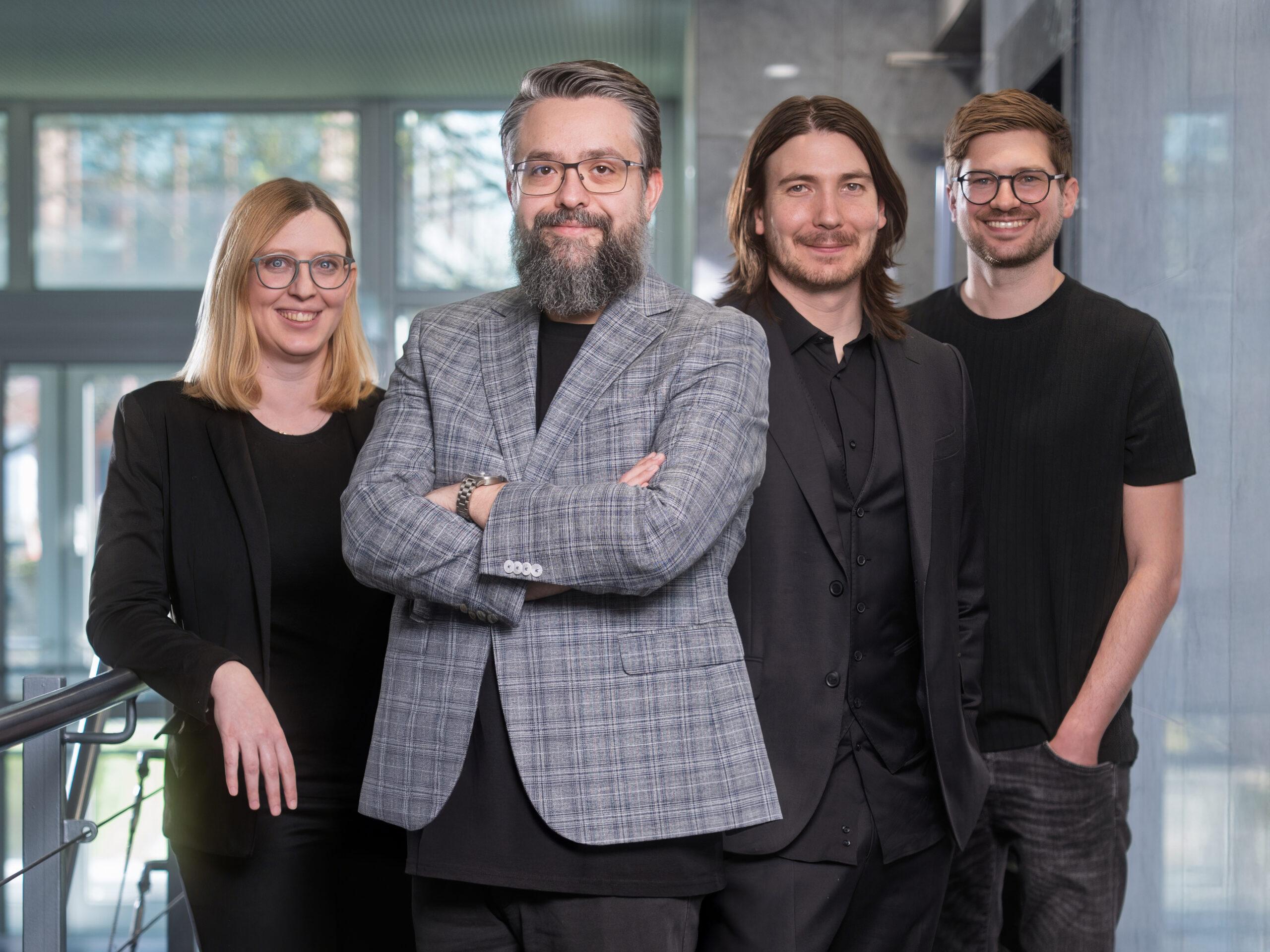Q.ANT receives double-digit million amount
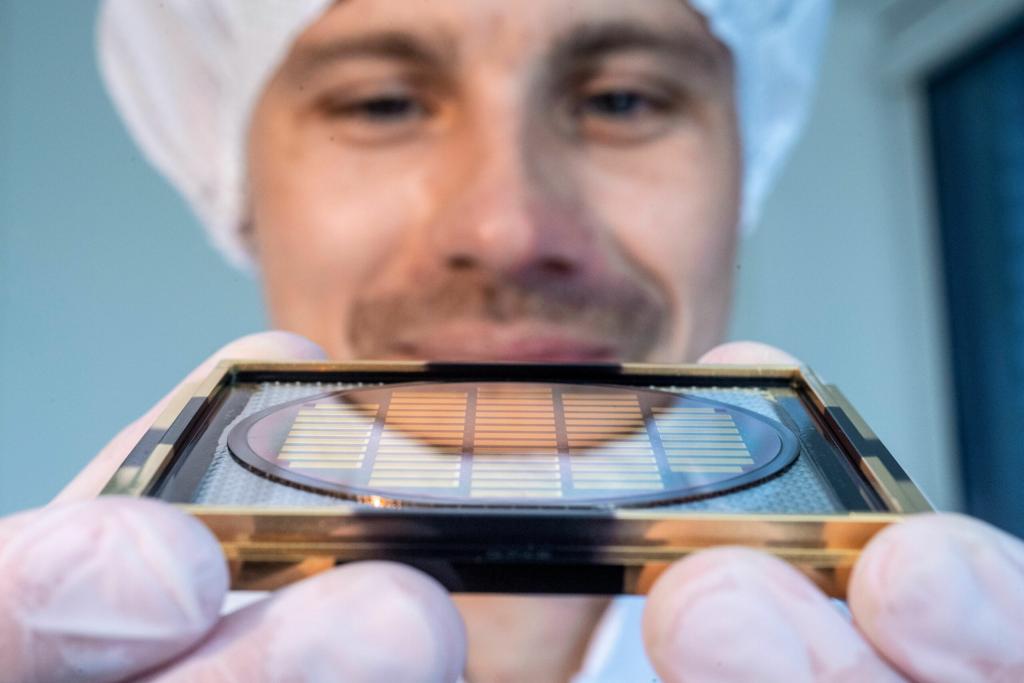
The Stuttgart-based start-up is thus getting fully involved in the development of quantum chips, with the first prototype expected to be available as early as 2022. The money comes from parent company Trumpf.
The start-up Q.Ant is entering the development of quantum chips and is receiving a double-digit million euro sum from its parent company Trumpf. "The developers at Q.ANT have succeeded in connecting the optical world of quanta to the electronic world," explains Trumpf CTO Peter Leibinger. "Our renewed investment is therefore the logical next step in paving the way for the development and production of quantum computer chips made in Germany."
The start-up based in Stuttgart-Vahingen has developed the photonic chip process, which allows special light channels to be applied to silicon chips. This process is designed to add quantum technology processors to today's established electronic mainframe computers in order to significantly increase their computing power. The company expects quantum technology to be introduced "into the world's data centers" much earlier than expected, as Leibinger says.
Q.ant plans to develop chip components for quantum computers by June 2022, with the first prototypes expected shortly afterwards. "We are currently in talks with strategic partners from various industries in order to put applications into practice as quickly as possible," says Michael Förtsch, CEO of Q.ant. To this end, the team is also set to grow from 20 to 120 employees by the end of 2022. The Stuttgart-based company was founded in 2018 from the family business Trumpf.
In contrast to the Stuttgart-based start-up, large corporations such as Google and IBM rely on a different technology for their quantum research, but Q.ant does not see this as a disadvantage. "We were able to prove in various test scenarios that quantum computer chips can also be used in conventional data centers in the future with our technology because they require neither particularly complex cooling nor a vibration-free environment," explains Förtsch. He adds: "Our manufacturing process is simple compared to other quantum computer platforms" and sees this as "a major competitive advantage." Q.ant aims to have developed a functional quantum chip in five years at the latest, with production taking place in Ulm at Trumpf Photonic Components, which also belongs to Trumpf.

Newsletter
Startups, stories and stats from the German startup ecosystem straight to your inbox. Subscribe with 2 clicks. Noice.
LinkedIn ConnectFYI: English edition available
Hello my friend, have you been stranded on the German edition of Startbase? At least your browser tells us, that you do not speak German - so maybe you would like to switch to the English edition instead?
FYI: Deutsche Edition verfügbar
Hallo mein Freund, du befindest dich auf der Englischen Edition der Startbase und laut deinem Browser sprichst du eigentlich auch Deutsch. Magst du die Sprache wechseln?
